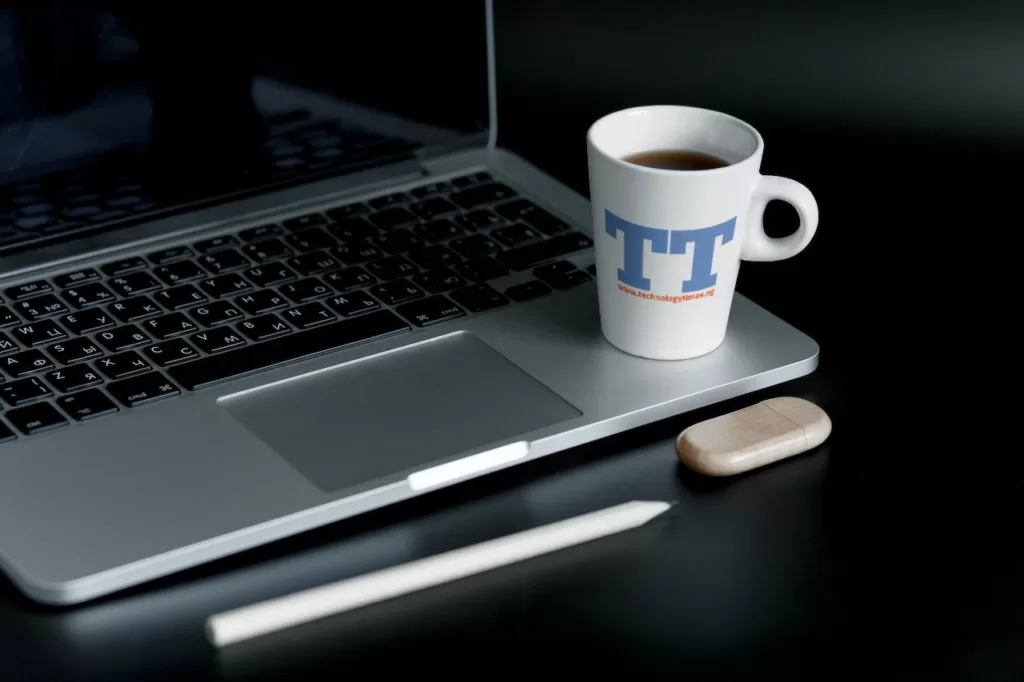MTN Nigeria is keeping very close watch on Starlink as the satellite-based internet service provider moves to compete in the local broadband market, Mr Karl Toriola, CEO of the largest mobile network operator (MNO) says.
The Nigerian Government, which licensed Starlink owned by U.S. tech entrepreneur, Elon Musk, to offer internet service in the country, expects the internet company to extend service beyond urban markets to rural and underserved parts of the country not covered by MNOs.
“On data services,” Mr Toriola tells analysts while answering questions at the MTN Nigeria FY 2022 Results Call that, “Starlink is another competitor. We have a lot of vibrant competitors in Nigeria, whether it is our primary, number two, or fibre players and a host of other competitors.”

The MTN Nigeria CEO says that the arrival of Starlink into the country “introduces another competitor that has to compete with the economics in the Nigerian market where we are well established and have a big base and a distribution network. And also has to compete with the technological efficiency of satellite broadband solutions.”
Mr Karl Toriola, MTN Nigeria CEO.
The Starlink Nigeria challenge
The MTN Nigeria CEO says that the arrival of Starlink into the country “introduces another competitor that has to compete with the economics in the Nigerian market where we are well established and have a big base and a distribution network. And also has to compete with the technological efficiency of satellite broadband solutions.”
The MTN Nigeria CEO says that, “we are conscious of the risk that this poses to us and by no means do we trivialise it, but a lot of these services work excellently well when you have five people on the network. When you have 5000 people, there is a spectrum and bandwidth limitation, and the quality of service changes.”
So, Mr Toriola explains further, “while we keep a very close eye on Starlink, we’ll continue to ensure that we remain competitive. The basic principle of competition, irrespective of whoever you are competing against, still stands – provide a good quality of service, make it easy for people to sign up to the service, make it easy for them to recharge and buy bundles, being able to address customer complaints and operate with a trusted brand. We’ll continue to focus on those going forward while keeping a very close eye because we know companies disrupt us all of the time.”
The MTN Nigeria CEO reechoes Mr Ralph Mupita, MTN Group CEO, who doubts that subscribers across Africa, where the mobile phone group has footprints across several markets, can afford the high entry costs of Starlink internet service.
As Nigeria’s telecoms market counts 226,226,754 active phone connections representing 118.51% teledensity as of January 2023, MTN Nigeria sustains its wide voice market lead with 91,950,307 active lines representing 40.71% of the the nation’s GSM mobile market.
The MTN Group CEO agrees that satellite services like Starlink will complement mobile and fixed networks, but his telecoms group remains calm that the US satellite internet provider will not upset its local business unit, MTN Nigeria.
“The average African you know,” Mr Mupita says, “cannot afford the price points that Starlink is offering at the moment. We understand the technology will improve and the cost curves will come down. But you know from our position that you know optical fibre transmission is going to be superior to satellite for a long time.”
As Nigeria’s telecoms market counts 226,226,754 active phone connections representing 118.51% teledensity as of January 2023, MTN Nigeria sustains its wide voice market lead with 91,950,307 active lines representing 40.71% of the the nation’s GSM mobile market segment followed by Airtel Nigeria , 60,563,767 (26.81%); Glo 60,334,534 (26.71%) and 9mobile, 13,031,585 ( 5.77%), according to latest market information from the Nigerian Communication Commission (NCC).
Source of Article
